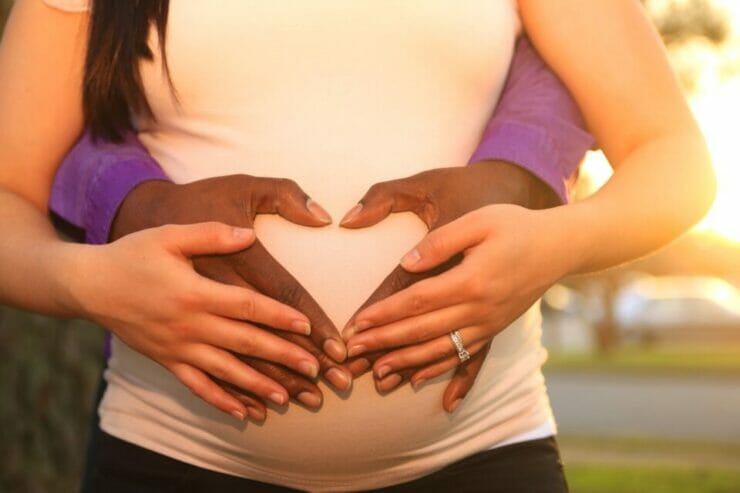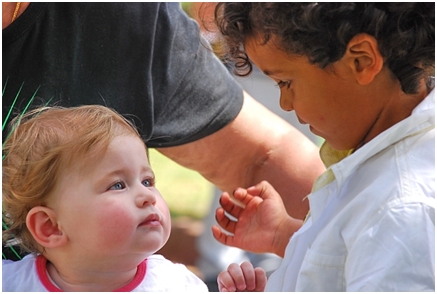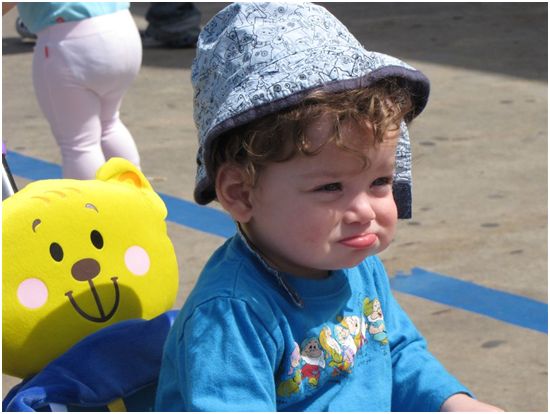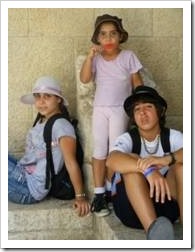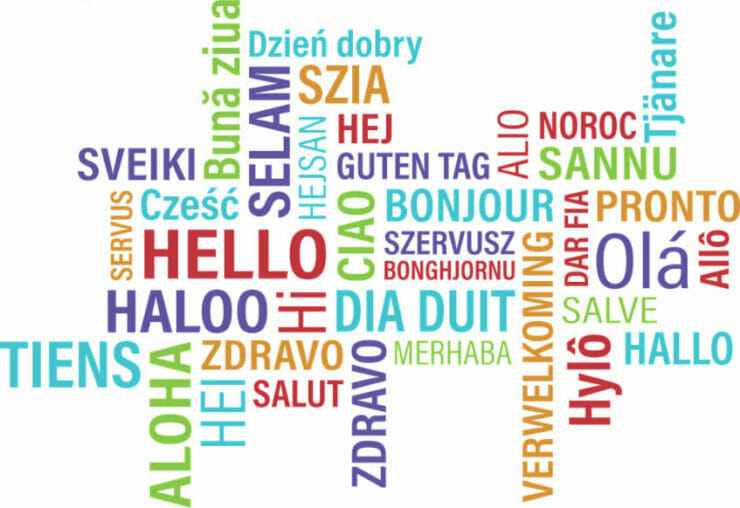
My introduction to learning languages and bilingualism happened 24 years ago, when we moved to Texas, USA, and our daughter started to learn English. As a Special Education teacher, I knew she would be fine, but as a mother, I was scared, because at the age of 4, with the language of a 10 year old, I was afraid she would be left behind.
She wasn’t!
Since then, I have been working with inspiring people who specialize in language acquisition and with many children of migrants around the world. I have learned that parents and teachers play an important role in supporting language development. If they understand the challenges and consider the myths around language, they can help kids with healthy language acquisition.
Read The Power of Bilingualism »
